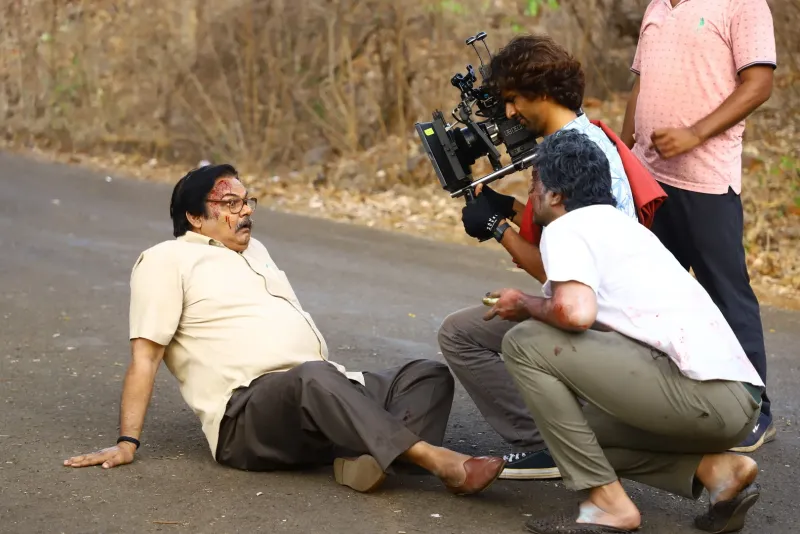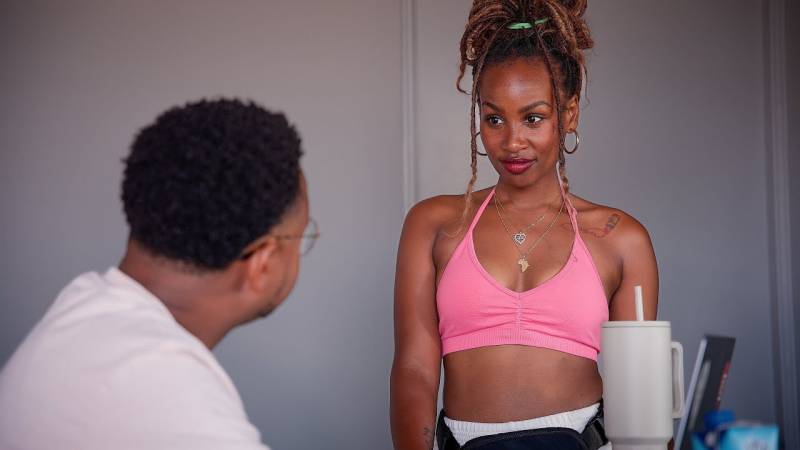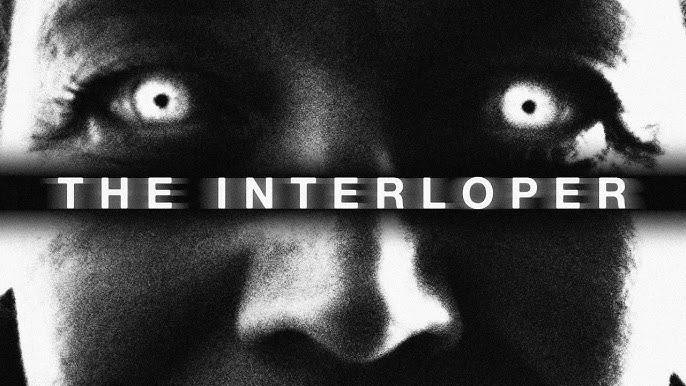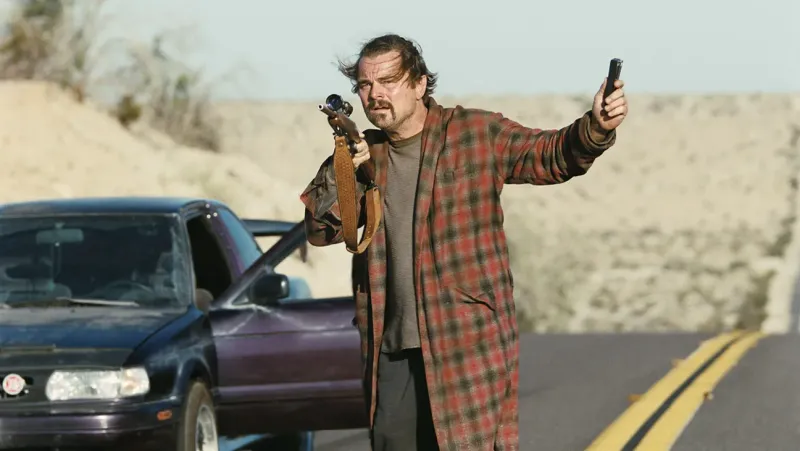Riley has just suffered a romantic rejection after a drunken late night. The next morning, he retreats to the solitude of the rooftop of a building to burn off his alcohol and embarrassment. But he's not alone on the rooftop, discovering that another person, Caroline, is also up there as well. She's trying to get her thoughts together after witnessing her husband's adultery. They are different from one another in many ways, and initially, they clash out of annoyance at not being alone when they desperately want to be. But they're similar in feeling the pain and suffering from disappointing interpersonal relationships. And with one another, they both find a way out of their heartache to move forward. Directed and written by Steven Lloyd Bennett, this short drama is about the healing power of finding someone to see and listen to us when we're at our lowest points. By setting up an initial clash between characters -- of personalities, generations and temperaments -- it also makes the case that people are more similar than different when it comes to difficult emotions, and that there is value in finding common ground, even when the differences seem overwhelming or insurmountable at first. Beginning on a downtown Los Angeles rooftop, the film takes advantage of its inherent drama to establish a sense of isolation for both characters, who are also spatially quite wide apart.

Related article - Vikings - Ivar The Boneless & Hvitserk

They have to raise their voices to address one another, an interaction that begins aggressively, as Caroline goads and chides Riley, even making fun of him for being a millennial. It's a strong, harsh character beginning, but soon we find out why she's so abrasive: she's just been cheated on, discovering her husband in bed with another woman. From there, the narrative settles into exploring these two different characters, using dialogue and performance especially to contrast Riley and Caroline. The dialogue has an ear for the different temperaments and perspectives of the two characters, brought to life with depth and conviction by actors Julianna Robinson and Chris Chalk, who audiences may know from dramas such as HBO's Perry Mason and Fox's Gotham. Yet as they share more about their lives -- hesitantly at first, and then with more openness -- they forge a fragile sympathy and understanding, standing together in a kind of solidarity as one of them faces a critical juncture. "Blank Canvas" is, in many ways, about the idea of shared humanity -- a broad concept, and almost a quaint one, especially in a world where different identities and labels are highlighted and often emphasized, whether it's for online marketing, political maneuvering or self-understanding. Yet it brings comfort and strength to the characters here, bringing them out of their pain and isolation. It doesn't relieve their suffering, but their bond helps both of them move forward from their crisis points, each reminded by the other of their worthiness and self-respect.



